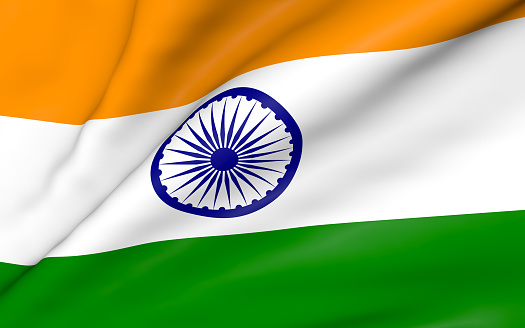According to Indian trademark law, a “well-known trademark” is a trademark that has gained widespread recognition among a significant number of the population through extensive and ongoing use to the point where another party may interpret its use in relation to any other goods or services as signifying a connection between the two parties. To protect themselves from future trademark infringements and dilutions, individuals or businesses who have acquired significant brand value, reputation, and goodwill in India through their trademarks should file a request to have such trademarks included on the list of well-known trademarks.
Protection Of Well-Known Trademarks In India
Well-known trademarks are good additional protection under Indian trademark law, and they have widespread goodwill and reputation across all classes of goods and services. As a result, the following trademark would be rejected if an application was made to register a trademark that is confusingly similar to a prior, well-known trademark —even for distinct classifications of products and services. Indian well-known trademarks are recognized by the Intellectual Property Office (IPO) based on their recognition on a global, national, and cross-border scale.
Before the Trade Mark Rules, 2017 (the Rules) went into effect, Indian courts and tribunals decided which trademarks were well-known in India based on the facts of each individual case. The Trade Marks Registry kept a registry of trademarks that had been considered well-known relying on these decisions.
The Rules streamlined the process for trademark owners to submit applications for legal well-known status. A proprietor may ask the Registrar, in accordance with Rule 124, to consider their trademark to be a well-known trademark. This application must be submitted with Form TM-M and the First Schedule fees, which are presently INR 1,00,000 per application (approximately USD 1300). Such requests can only be submitted electronically. In addition, the applicant is required to provide a Statement of Case that includes supporting details and evidence. Evidence can include:
- evidence as to use of trademark,
- trade mark registrations applied for or obtained,
- annual sales turnover of the business covered by the mark,
- number of actual or potential customers,
- publicity and advertisement of the trademark along with expenses incurred,
- evidence as to knowledge or recognition of the trademark with the relevant section of the public in India.
When examining an application in this category, the Registrar of Trade Marks must consider certain criteria. Sections 11(6) to 11(11) of the Indian Trade Marks Act, 1999 define the Registrar’s responsibilities for protecting well-known trademarks in India (the Act). The following are relevant criteria for determining a well-known trademark:
- That the trademark is well known to the public at large in India;
- The number of persons involved in the channels of distribution of the goods or services;
- The number of actual or potential consumers of the goods or services;
- The duration, extent, and geographical area of any use of such a trademark;
- The business circle deals with those goods or services.
- The record of successful enforcement of the rights in that trademark, in particular, the extent to which the trademark has been recognized as a well-known mark by any court or Registrar.
The Registrar must consider a trademark to be a well-known trademark for registration under the Act if it is found by any court or Registrar to be well-known among at least one relevant section of the public in India.
The Act also specifies a number of factors that the Registrar may not take into account when deciding whether a mark is well-known, including:
- Whether the trademark has been used in India;
- Whether the trademark has been registered;
- Whether the application for registration of the trademark has been filed in India;
- Whether the trademark, is well-known in; or has been registered in; or in respect of which an application for registration has been filed in, any jurisdiction other than India;
- Whether the trademark is well-known to the public at large in India.
The Registrar may request public objections following the filing of a request for determination of a well-known trademark before making a decision. Such objections must be filed within 30 days of the deadline. Anybody who chooses to oppose may submit their complaint in writing, together with reasons and supporting documentation, to the Registrar.
According to the law, the Registrar must protect a well-known trademark from similar or identical trademarks and take into account any bad faith on the part of either the applicant or the opponent that may have affected rights relating to the trademark when examining a trademark registration application and any related oppositions.
The trademark will be announced in the Trade Marks Journal once the Registrar determines that it is well-known. However, the trademark may be removed from the list of well-known marks after giving the interested party a chance to be heard if the Registrar determines that it was mistakenly or unintentionally included in the list.
You can see a list India IP firms here

